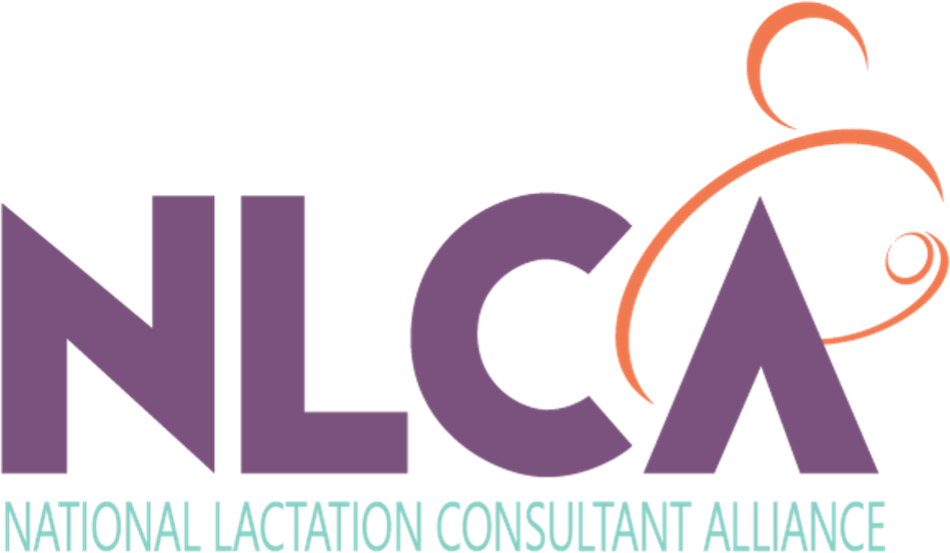
AT THE FOREFRONT OF CLINICAL LACTATION CARE
We’re advancing strategic federal and state policy and legislation.
We’re advancing strategic federal and state policy and legislation.
We’re committed to a future where breastfeeding families can easily access safe, professional care and champion equitable compensation for lactation consultants.
We’re committed to a future where breastfeeding families can easily access safe, professional care and champion equitable compensation for lactation consultants.

